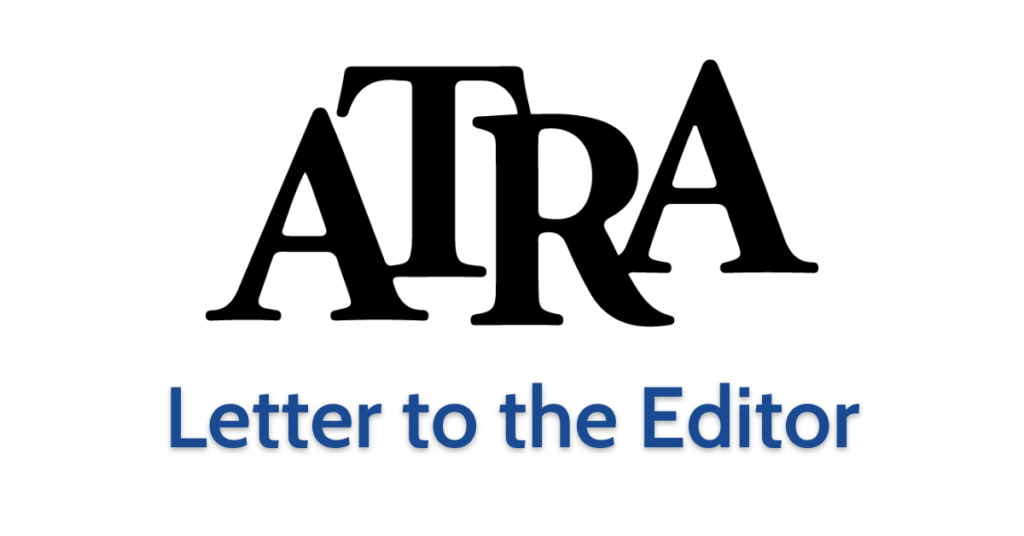
Lawyers Win Big From J&J Bankruptcy Decision
Over 40,000 claimants have been relegated to an overburdened and inefficient civil justice system.
This letter-to-the-editor was originally published by the Wall Street Journal.
In his letter “Johnson & Johnson Was Abusing Bankruptcy” (Feb. 9), Prof. Adam Levitin fails to mention the underlying opinion of Chief Judge Michael Kaplan of the U.S. Bankruptcy Court for the District of New Jersey. Judge Kaplan found that the creation of LTL Management to handle J&J’s talc liabilities was “unquestionably a proper purpose under the Bankruptcy Code.” Like Mr. Levitin, Judge Kaplan has labored for years almost exclusively in the bankruptcy field.
Faced with tens of thousands of lawsuits based on junk science, LTL sought proper relief through the bankruptcy process. This process is far more efficient in resolving cases than resorting to individual trials in courthouses around the country.
Instead, the Third Circuit Court of Appeals decided that LTL hadn’t reached some arbitrary level of financial distress and returned over 40,000 claimants to an overburdened and inefficient civil justice system. LTL offered its assets to resolve these claims, but the court’s decision seems to penalize the company for doing so. Resolution of these claims will now take decades to complete, at great expense to all parties. The only true winners here are the trial lawyers, who will earn millions in fees and expenses over the next several decades.
It is worth remembering how LTL ended up in this situation to begin with: A pervasive culture of lawsuit abuse and a robust trial-lawyer playbook drove the company to seek bankruptcy protection. The Third Circuit’s opinion is befuddling and likely to cause confusion in other courts, while guaranteeing the trial bar years of lucrative work.
Sherman Joyce
President, American Tort Reform Assn.
Latest News
View all news
‘Highly Unusual’ Rehearing of Louisiana Case Raises Judicial Independence Concerns
Louisiana Supreme Court Waffles Under Political Pressure, ATRA Brief Urges Court to Stand Strong
America’s Top 9 Worst Judicial Hellholes®
Left unchecked, these jurisdictions will continue dragging down economic growth and undermining justice through rampant lawsuit abuse.
ATRA Commends J&J’s Plan to Resolve Notorious Talc Lawsuits
Claimants Given Opportunity to Vote on Plan; Judge to Reconsider Scientific Validity of Plaintiffs’ Experts
The Lab Whose Junk Science Is Fueling a Frenzy of Litigation
Legitimate consumer protection demands sound science and impartial analysis — not distorted data designed to manufacture lawsuits.
Lawsuit Advertising Frenzy Fuels Georgia’s Litigation Epidemic
Law Firms Spent $168M+ on 2.2M Ads in Georgia
Trial Lawyers’ Dual Grip on Pennsylvania Politics and Public Opinion Revealed in New ATRA Reports
ATRA’s Latest Studies Reveal Financial Influence and Lack of Transparency in Pennsylvania’s Campaign Finance Systems



